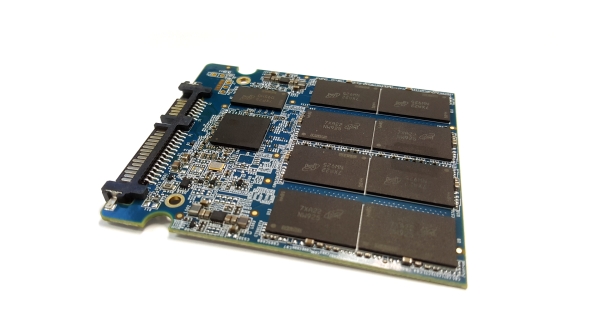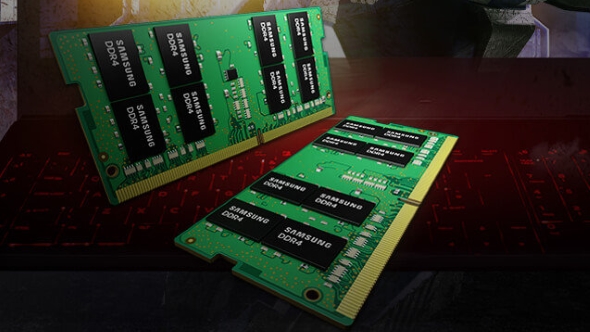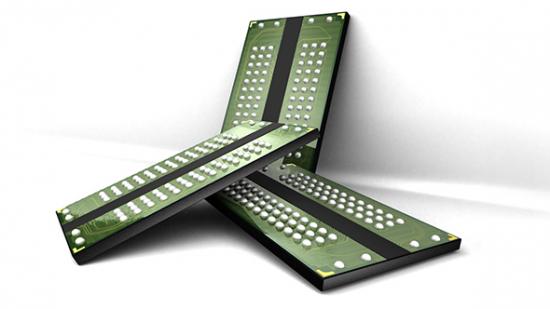Forget Trump’s global trade war, there’s also something nasty going down in RAM town, with China going into battle with the three biggest memory manufacturers in the world. And now one of those, Micron, is saying that recent court action is in direct retaliation for criminal and civil actions filed by both Taiwanese authorities and Micron themselves over “the misappropriation of Micron trade secrets.”
Micron, Samsung, and SK Hynix are all being pursued by regulatory bodies in China over alleged price fixing, and now Micron has confirmed a court in Fujian Province has granted an injunction against Micron’s Chinese subsidiaries from manufacturing, importing, or selling certain Crucial and Ballistix-branded memory modules and SSDs.
Don’t worry, you can still buy Crucial solid state drives, and these are the best SSDs for gaming.
Micron doesn’t seem overly concerned about the loss of revenue this ban on its products will cause, estimating that it will only make up slightly more than 1% of its annualised revenues. Though with Micron expecting to hit revenues of between $8 and $8.4 billion this quarter, 1% of that is still some $80 million. Not exactly chump change.
Interestingly that $8 billion figure is also the potential size of the fine Chinese regulators could demand from Micron, and SK Hynix and Samsung, if it manages to prove its allegations of price fixing…
Seemingly a lot of the ill-feeling from China towards Micron seemingly stems from the memory company suing Taiwanese manufacturer UMC and its mainland China memory partner, Fujian Jin Hua, for illicitly copying Micron trade secrets. In December 2017 it called the case “one of the boldest schemes of commercial espionage in recent times.”

Then, in January this year, UMC and Fujian Jin Hua filed the patent infringement suits that have resulted in the recent injunction on Crucial products. Micron has issued a statementwhich reads:
“The patent infringement claims of UMC and Jinhua were filed against Micron in retaliation for criminal indictments filed by Taiwan authorities against UMC and three of its employees and a civil lawsuit filed by Micron against UMC and Jinhua in the United States District Court for the Northern District of California for the misappropriation of Micron trade secrets.”
In just as forceful tones it continues stating that:
“Each of the asserted patents was originally granted to UMC, a Taiwan-based logic semiconductor foundry that lacks advanced DRAM and NAND flash technology. The patents are not used in Micron’s DRAM and NAND technology or products, and UMC and Jinhua rely on distorted interpretations of the patents and improper evidence to support their false allegations that Micron infringes the patents. Moreover, Micron has submitted compelling evidence to the Patent Review Board of China’s State Intellectual Property Office demonstrating that the patents are invalid because they are directed to technologies that were previously developed and patented in other countries by other technology companies.
“The central government of China has often stated that the rights of foreign companies are fairly and equally protected in China. Micron believes the ruling issued by the Fuzhou Court in Fujian Province is inconsistent with this proclaimed policy.”
Ouch.

But it’s not just Micron who claim to have had its intellectual property stolen by Chinese companies as we reported last year about TSMC accusing HLMC of stealing details of its 28nm process. And recently a report in the Korea Times has claimed both Samsung and SK Hynix have been targets of industrial espionage too, with the suggestion the Chinese government might even be behind the patent thefts as it tries to boost domestic technology manufacturing.
Whether it’s all about getting domestic companies access to advanced technology without having to spend the R&D budget, or whether it’s about pushing foreign companies out of the domestic market to give Chinese companies room to grow, is still unclear. But one thing’s for certain, this RAM war is by no means over.
